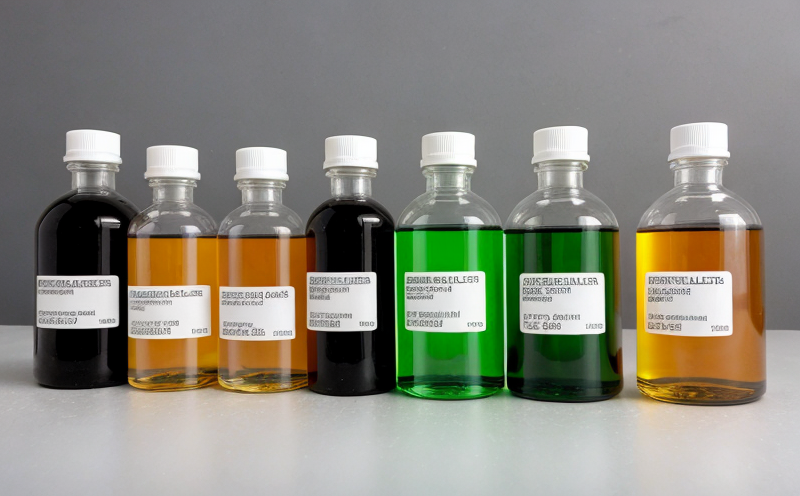The use of medical devices in healthcare settings has significantly increased over recent decades, providing a wide array of benefits to patients. However, the materials used in these devices can potentially leach substances into patient contact surfaces during their lifecycle. Ensuring that non-targeted leachable compounds do not pose risks to patient health is crucial for regulatory compliance and public safety.
High-Resolution Mass Spectrometry (HR-MS) has emerged as a powerful tool capable of screening complex mixtures of potential leachables in medical devices. HR-MS provides highly accurate mass-to-charge ratios that allow the identification of even trace amounts of compounds, making it an ideal method for non-targeted screening.
Our service involves extracting chemicals from the device matrix and then analyzing these extracts using HR-MS to identify all detectable substances without prior knowledge of their identities. This approach helps in understanding the full range of leachable constituents present within a medical device, ensuring comprehensive risk assessment.
Scope and Methodology
| Method | Description |
|---|---|
| Extraction Procedure | Extracting samples using appropriate solvents and conditions to simulate real-world scenarios. |
| Preparation of Samples | Precipitating proteins and other interfering components from the extracts before analysis. |
| HR-MS Analysis | Analyzing the prepared samples using HR-MS to identify all detectable compounds. |
Environmental and Sustainability Contributions
- Reduces waste by ensuring only necessary components are identified during leachables testing.
- Promotes safer product design, reducing potential risks to the environment through improved medical device performance.
Why It Matters
The importance of non-targeted leachable screening cannot be overstated. Regulatory bodies like the FDA and EU require stringent compliance measures to ensure patient safety. Non-targeted leachables can include a variety of compounds, some of which may not have been previously identified or considered safe in medical devices.
Identifying these compounds through HR-MS screening allows for informed decision-making regarding product design modifications or additional testing. This proactive approach helps to prevent potential recalls and legal issues while maintaining the integrity of medical device manufacturers' reputations.





